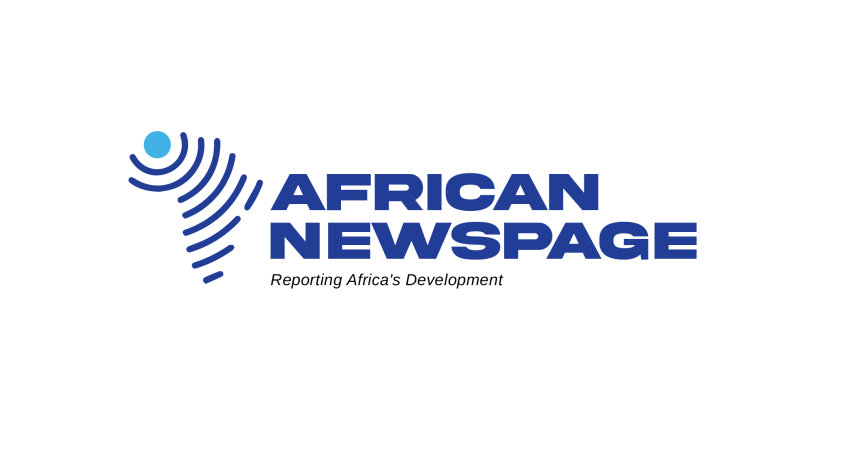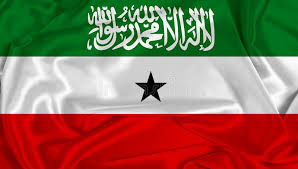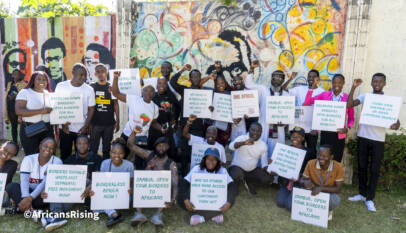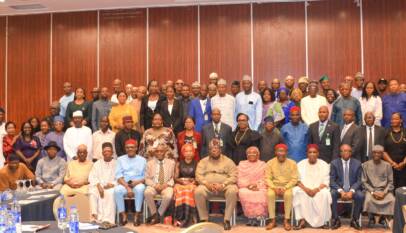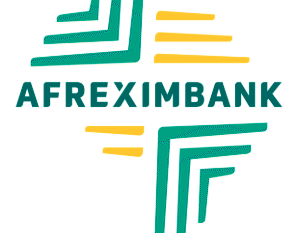OP-ED | Why Europe Must Change its Approach to Africa, By Carlos Lopes
While Africa strategically repositions itself in today’s multipolar world, the European Union remains largely complacent in the outdated belief that it is the continent’s leading patron. But a shifting global economic landscape offers Europe an opportunity to start engaging with Africa on equal terms.
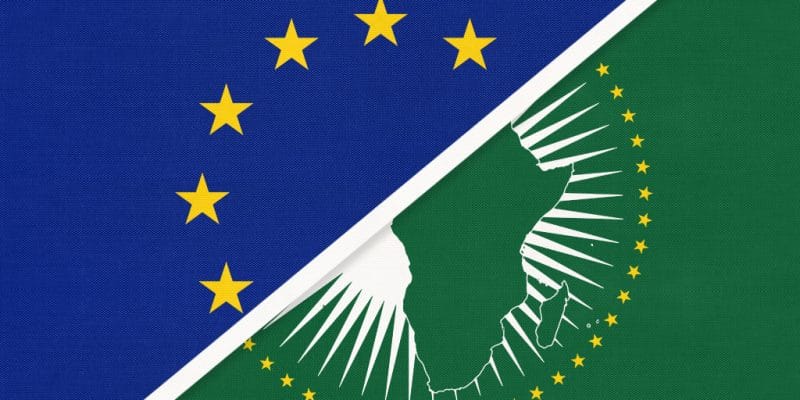
In recent years, China has surpassed Europe in terms of both trade with Sub-Saharan Africa and infrastructure investment there. The Gulf states have been reshaping financial flows on the continent, while Brazil, India, and Turkey have been deepening their ties with African countries as well. Meanwhile, African leaders have established the African Continental Free Trade Area (AfCFTA), which is set to transform intra-African trade. And yet, the European Union continues to operate under the delusion that it is Africa’s main partner.
As a result, while Africa strategically repositions itself in today’s multipolar world, Europe remains largely complacent. The EU also views itself as a normative power, a global champion of human rights, democratic governance, and sustainability. While this may be true in some areas, Europe’s trade and economic relationships – particularly with Africa – suggest otherwise. And, so far, Europe has been unwilling to change.
As the African Union’s high representative for relations with Europe, I witnessed this dynamic firsthand. In 2019, I proposed that the AU be given a formal mandate to negotiate a continental trade agreement with the EU. The idea was not revolutionary; it merely reflected Africa’s legitimate demand for collective-bargaining power, which the AU, having made great progress toward achieving political coherence, is well-positioned to wield.
But the European Commission has more leverage in negotiations with individual countries or regional communities, and African actors in this fragmented system are reluctant to surrender their intermediary roles. So, my proposal was blocked, and the EU continued to bypass AU institutions in favor of bilateral agreements or regional initiatives which do not align with Africa’s needs, interests, or priorities.
Notably, the Economic Partnership Agreements (EPAs) that have been negotiated between the EU and African countries (or groups of countries) have both reinforced Africa’s dependence on commodity exports and constrained the policy space African countries need for industrialization. These agreements have largely benefited European exporters, while leaving African countries unable to leverage trade to develop domestic manufacturing or shift their comparative advantage to higher-value-added activities.
Meanwhile, EU investments flow largely toward extractive activities, migration control, and climate-linked offsets, rather than strengthening industrial value chains or facilitating technology transfer. While much has been made of the EU’s Global Gateway initiative – aimed at boosting “smart, clean, and secure” digital, energy, and transport linkages and strengthening “health, education, and research systems” – its ambition pales in comparison to China’s Belt and Road Initiative and even America’s green-transition packages.
Moreover, with its investments in Africa, the EU is not sharing risk, but rather offloading it. Private capital is expected to lead, while development finance falls far short of what is needed to unlock industrial transformation. Africa is being asked to de-risk investment for others without receiving structural guarantees, such as better access to capital markets, favorable trade conditions, or long-term commitments.
But a shifting global environment is creating a critical opportunity for Europe to transform its relationship with Africa. For starters, the United States is turning its back on the continent, imposing high tariffs, cutting aid, and reducing its diplomatic presence. More broadly, the global economy is undergoing a fundamental transformation, as the multilateral system of the past – which emphasized free trade and financial liberalization – is replaced by a new, more fragmented terrain. The new rules are being written by the world’s biggest powers, with little regard for the needs and interests of developing economies.
In a world where trade is guided primarily by market power, rather than comparative advantage, Africa must adjust accordingly. That means building productive capacities, rather than waiting for concessions. It means building Africa’s own business ecosystem, rather than engaging in compliance-based negotiations. And it means devising ways to shape global value chains in Africa’s favor, rather than seeking opportunities to join existing structures. To support these efforts, Africa does not need patrons; it needs strategic partners that recognize its agency, invest in its productive capacity, and adapt to its priorities.
If the EU hopes to fill this role, it must start by abandoning the belief that it is Africa’s default partner. Influence must be earned.
Moreover, EU-Africa engagement must function within Africa’s institutional architecture, especially in trade, digital governance, and climate diplomacy. The EU must stop bypassing the AU, instead recognizing the organization as a legitimate interlocutor for Africa. And it must base its economic engagement with Africa on the logic of the AfCFTA – the continent’s single most important economic-policy innovation in decades – not in contradiction with it.
Moreover, the EU must decouple aid from moral patronage. Development assistance is not a gift, but a geopolitical tool, and excessive conditionality often undermines the very institutions it is supposed to help. Instead of micro-managing governance reforms, Europe should focus on supporting Africa’s ambitions, including with regard to infrastructure, education, and industrial transformation.
Here, the best approach would be to co-invest with African partners in regional value chains. This means supporting African industries not as “beneficiaries,” but as equal players; rethinking the EU’s Common Agricultural Policy, which distorts African food systems; and dismantling non-tariff barriers that penalize African exporters.
Finally, in international fora, the EU should coordinate with the AU on issues like debt reform, climate finance, and intellectual property. Africa’s call for a sovereign-debt workout mechanism must be met with concrete proposals, not more advisory services. Climate finance must reflect historic responsibilities and real costs, not political expediency.
As for the AU, it must be bolder in demanding genuine structural shifts in Africa’s relationships, rather than settling for lip service to the continent’s sovereignty. This includes asserting the AU’s role in all external partnerships, rejecting external interference in African integration processes, and investing in the capacity to propose alternative macroeconomic frameworks. The AU must, in short, engage in the messy but necessary politics of multilateral reform – not as a petitioner, but as an agenda-setter.
Carlos Lopes is an honorary professor at the Nelson Mandela School of Public Governance, the University of Cape Town, and the African Union’s High Representative for Relations with Europe. This op-ed article was originally published in Project Syndicate, African Newspage’s publishing partner. The views expressed in it do not necessarily reflect African Newspage’s editorial policy.

